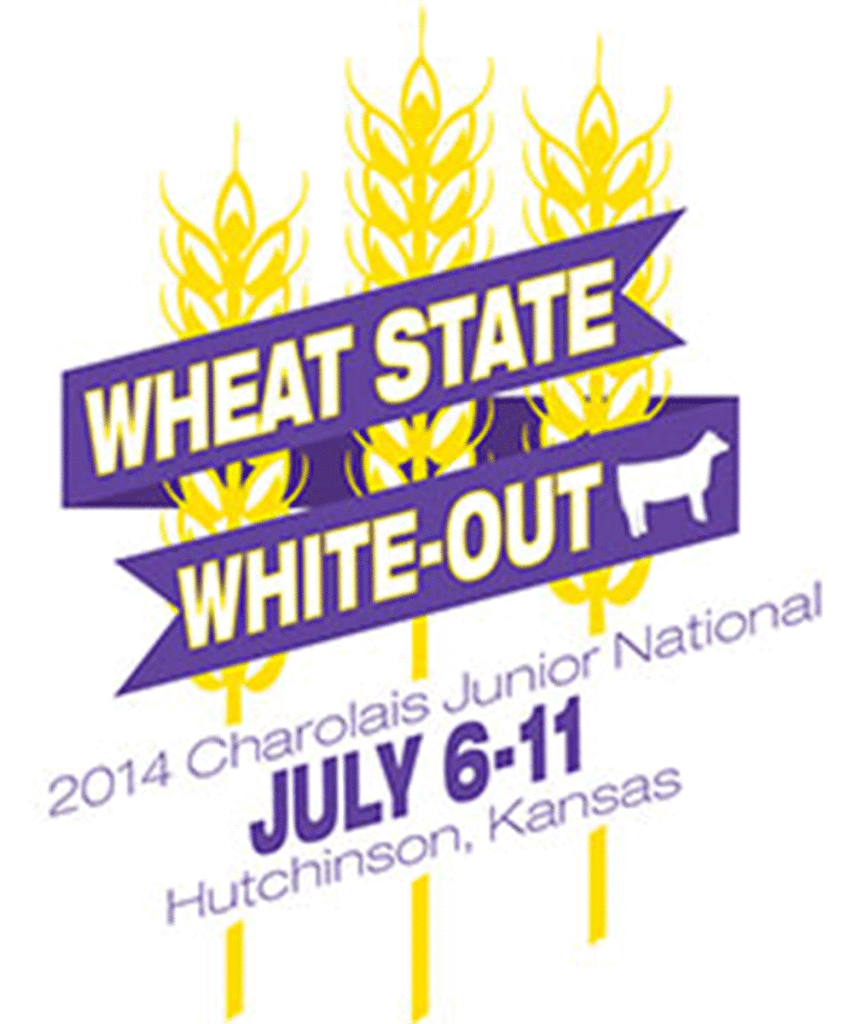Beef Cattle-Tuberculosis and Brucellosis Status, Trichomoniasis
Test Eligible
◾All females eighteen (18) months and older.
◾All females which have calved or are expected to calve within 2 weeks.
◾Bulls imported for breeding purposes 12 months or older.
Steers and spayed females will not need a test.
Brucellosis
Free States-Brucellosis testing is not required if cattle are moved to Kansas from a free state, except for those originating from the GYA. Test eligible cattle from the Greater Yellowstone Area (GYA – the Yellowstone National Park and a twenty-mile area surrounding it) must have a negative brucellosis test prior to entry.
“A” States-Brucellosis tesing is not required if cattle are moved to Kansas directly from a certified free herd. All test eligible animals not originating from a certified free herd shall be tested negative for brucellosis within 30 days prior to entry.
cattle going direct to an approved slaughter facility do not need test. Kansas currently does not have any quarantined feedlots.
Tuberculosis
Cattle originating from accredited free or modified accredited free states are not required to be tested. States or areas of lower status and all cattle of Mexican origin shall be tested negative for tuberculosis within 60 days prior to entry into Kansas and will be required to be retested 60 to 90 days post entry, unless going direct to a licensed feedlot. Mexican cattle originating from a Mexican state that has a TB eradication program in place and the program has met the requirements of the Bi-National TB Committee will not be required to be retested. Entry permit is required on all Mexican cattle. 24 hour permit number (785) 296-2328.
Accredited Free States or Zones (Free)
◾Cattle and Bison – interstate without restrictions except for Certificate of Veterinarian Inspection (CVI)
Modified Accredited Advanced States or Zones (MAA)
These 3 classes do not need a TB test, but do need a CVI except direct to slaughter:
◾Moved directly to slaughter
◾Steers and heifers, for feeding purposes, officially identified (840 RFID, 840 bangel, or silver USDA alpha numeric tag)
◾Cattle from an accredited herd with a whole herd negative test within a year.
All other cattle must have negative test within 60 days of import and a CVI.
Modified Accredited States or Zones (MA)
◾Directly to slaughter – no TB test required.
◾Sexually intact heifers (moved to an “approved” feedlot), steers or spayed heifers: CVI and negative test within 60 days
◾Originate form accredited herd with negative results within 1 year
◾Officially identified, from herd with whole herd test within previous 12 months and negative (individual) test within 60 days. (individual test are not required if movement is within 6 months of whole herd test.
◾All need a CVI within 30 days except for direct to slaughter.
Trichomoniasis
(1) Bulls shall not be imported into Kansas from another state unless they go directly to a licensed slaughter plant or are accompanied by a completed certificate of veterinary inspection signed by an accredited veterinarian. The certificate of veterinary inspection shall meet the following requirements:
◾Have been issued within the past 30 days;
◾individually list each animal entering Kansas, using an ‘‘official identification device or method’’ as specified in the definition of that term in 9 C.F.R. 71.1 and
◾state whether, to the veterinarian’s knowledge, trichomoniasis has occurred in the herd of origin within the past two years.
(2) Virgin bulls 18 months of age or younger shall be accompanied by a statement attached to the certificate of veterinary inspection. The statement shall be signed by the owner or owner’s representative and shall indicate that the bulls have not been sexually exposed to breeding aged females.
(3) (A) Non-virgin bulls, bulls 19 months of age or older, and bulls of unknown status shall be certified negative for Tritrichomonas foetus. A copy of the test results shall be attached to the certificate of veterinary inspection.
(B) ‘‘Certified negative’’ shall mean that the samples have been submitted for testing to a laboratory accredited by the American association of veterinary laboratory diagnosticians (AAVLD). The samples shall be collected into and transported to the lab using the ‘‘InPouch TF’’ test kit system. The samples shall meet either of the following requirements:
◾Be found negative on three successive test samples collected at least one week apart if the ‘‘InPouch TF’’ microscopic examination testing is conducted; or
◾be found negative on one real-time polymerase chain reaction (PCR) test. The owner shall certify that the bull has had at least two weeks of sexual rest before the time the sample is collected. This statement shall be recorded on or attached to the certificate of veterinary inspection. The tests specified in paragraphs (c)(3)(B)(i) and
◾shall be conducted within 30 days before the tested animal’s entry into Kansas, and the producer shall ensure that no female contact occurs following the first qualifying test.
(4) Each bull going to a sanctioned rodeo event or to a livestock show where the bull will be shown and then returned to the state of origin without being sexually exposed to any breeding-aged females shall be exempt from the requirements of this subsection.
Calves-Calves under 60 days of age and not accompanied by their dams are required to have a special permit issued by the Kansas Department of Agriculture, Division of Animal Health. They are quarantined to the consignee for 60 days. Call the 24 hour Permit Desk at (785) 296-2328.



